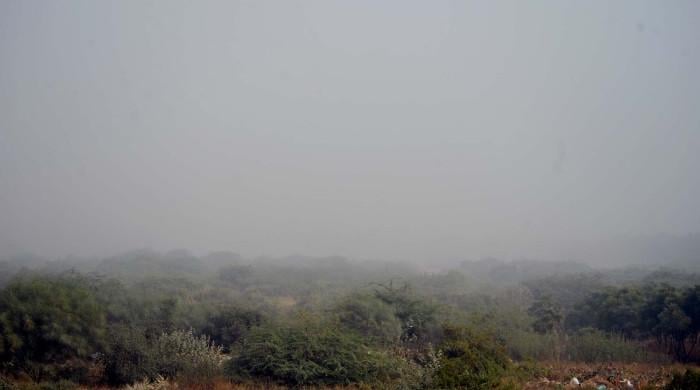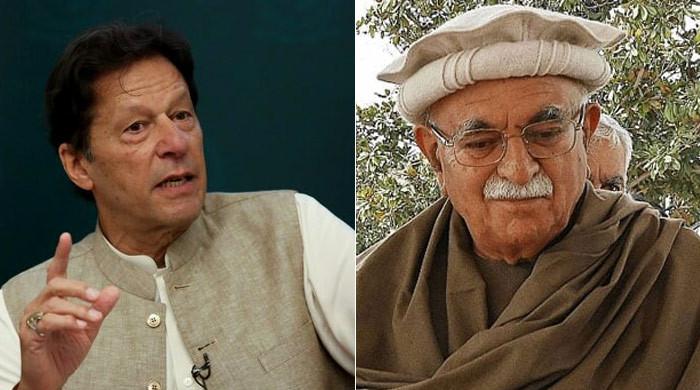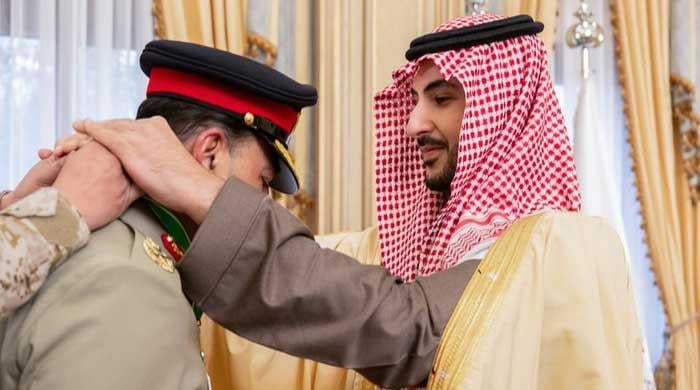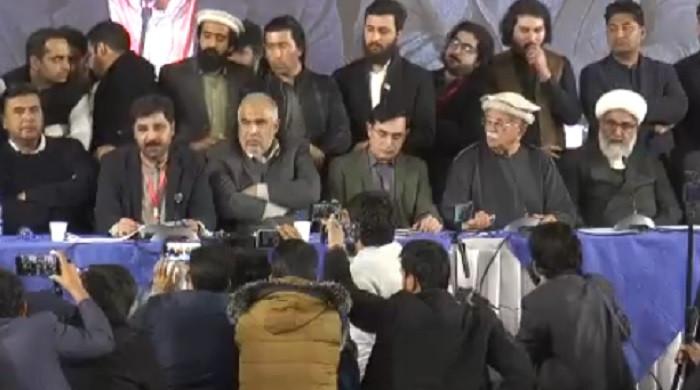Country needs govt that is in line with public's aspirations: President Arif Alvi
"State institutions and media should help create an environment to set up govt that truly represents people," says President Alvi
July 23, 2022
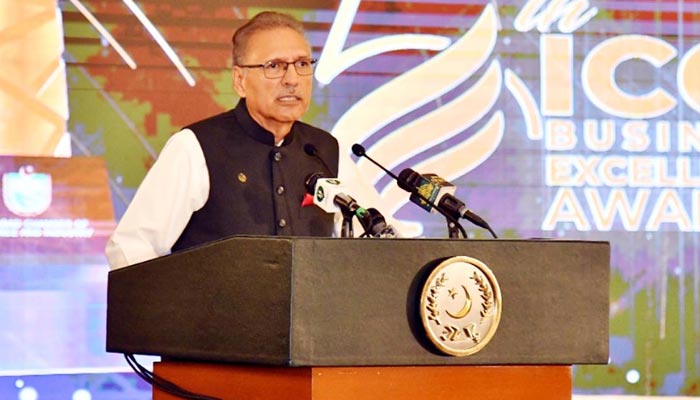
- President Alvi says "state institutions, media should help create an environment to set up govt that represents people."
- "Pakistan needs to maintain cordial relations with all of its international partners," Alvi says.
- He adds that country can rise within a decade if it strengthened its democracy.
ISLAMABAD: President Dr Arif Alvi Saturday emphasised that state institutions and the media should help create an environment to set up a government that truly represents the people of Pakistan.
Speaking during the fifth Islamabad Chamber of Commerce and Industries (ICCI) Business Excellence Awards Ceremony, the president elaborated: "Such a government will reflect people’s aspirations and hopes to ensure political and economic stability needed for promoting business, trade, and investment in the country."
During the ceremony, the president said: "Pakistan could rise within a decade if it strengthened its democracy, established a government that was truly representative of its people’s aspirations, and its leadership made the right decisions, curbed corruption, upheld justice and promoted human rights."
He said that consultative institutions, trade and investment, and passion were the key ingredients for any nation to become prosperous.
Alvi further added that in addition to making the right decisions, and implementing dynamic policies, Pakistan needed to "curb corrupt practices" if it was to become a peaceful, prosperous, progressive and respectable country in the comity of nations.
He further added that Pakistan needed to maintain cordial relations with all of its international partners and avoid becoming parties to divisive politics in international relations.




